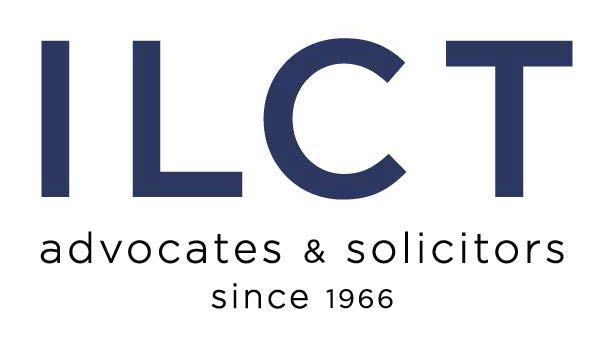Thailand: Additional Relief Provisions for Insurance Policies during COVID-19 Pandemic
To alleviate financial burdens for individual insurance policy holders (“Policyholder”) during COVID-19 pandemic, Thailand Office of Insurance Commission (“OIC”) had issued several Registrar Orders to insurance companies (“Company”) for the purpose of providing additional reliefs during this difficult time. The Registrar Orders covered various types of insurances and provide reliefs such as: extensions, exemption and expansion to the usual policy. The summary of Registrar Orders is stipulated below.
1). Life Insurance
Payment Grace Period Extension
- 1st Extension: For life insurance policy with a grace period to pay the insurance premium falling between 27th February – 30th April 2020 shall be granted a 60-days extension from the end date.
- 2nd Extension: For life insurance policy with a grace period to pay the insurance premium falling between 1st May – 30th June 2020 shall be granted a 60-days extension from the end date.
Policy Coverage Restoration Waiver
- 1st Waiver: For life insurance policy that ended between 27th February – 30th April 2020, the Policyholder may request for a restoration within 6 months from the end date and any interest fee shall be waived.
- 2nd Waiver: For life insurance policy that ended between 1st May – 30th June 2020, the Policyholder may request for a restoration within 6 months from the end date and any interest fee shall be waived.
Use of Insurance Surrender Value
- 1st Reduction: In the event that the insurance surrender value is automatically used to pay the insurance premium or a loan according to the insurance policy between 27th February – 30th April 2020, the Company may waive or reduce the interest rate for 6 months.
- 2nd Reduction: In the event that the insurance surrender value is automatically used to pay the insurance premium or a loan according to the insurance policy between 1st May – 30th June 2020, the Company may waive or reduce the interest rate for 6 months.
Payment by Installations
- If the Policyholder had changed the premium payment period or had paid the premium installments for less than 1 year (without changing the installation payments), the Company may waive the interest rate for each installation for 6 months.
Policy Coverage Expansion
- 1st Expansion: Any health insurance policy with an additional health coverage that was contracted between 27th February – 30th April 2020, the Company may not charge more than 10% of original premium rate (rate as approved by the Registrar).
- 2nd Expansion: For health insurance policy with an additional health coverage that was contracted between 1st May – 30th June 2020, the Company may not charge more than 10% of original premium rate (rate as approved by the Registrar).
2). Non-Life Insurance
Payment Grace Period Extension
- 1st Extension: Any health insurance or disaster insurance of the same with a grace period to pay the insurance premium falling between 27th February – 30th April 2020 shall be granted a 60-days extension from the first end date.
- 2nd Extension: Any health insurance or disaster insurance of the same with a grace period to pay the insurance premium falling between 1st May – 30th June 2020 shall be granted a 60-days extension from the first end date.
Payment by Installments
- 1st Condition: For fire insurance and miscellaneous insurance (as listed by the OIC), those who have entered into the insurance policy or have paid the insurance premium between 27th February – 30th April 2020, the Company may allow the insurance premium payment by installments.
- 2nd Condition: For fire insurance and miscellaneous insurance (as listed by the OIC), those who have entered into the insurance policy or have paid the insurance premium between 1st May – 30th June 2020, the Company may allow the insurance premium payment by installments.
Policy Coverage Expansion
- For travel insurance that became effective between 1st May – 30th June 2020, during which the Policyholder was unable to travel during the said period. The Company may change the effective date of the said policy, provided that the Policyholder has notified the Company before the effective date.
3). Automobile Insurance
- For automobile insurance (excluding travel agents or transportation operators) that became effective between 27th March – 30th June 2020, the Company may waive the payment on the insurance premium for the maximum of 180 days from the effective date.
4). Additional COVID-19 Coverage
- The Company shall not use COVID-19 related matters to deny any policies or responsibilities during the period of COVID-19 public health countermeasures.
- This additional coverage clause shall not apply to the Policyholder that (1) contracted COVID-19 during the 14-days waiting period from the insurance policy’s effective date or (2) contracted COVID-19 before making the insurance policy.
By:
Chart Chotiphol
Counsel/Business Development











